| The Warehouse: The place house music got its name In honor of its 35th anniversary, RA's Jacob Arnold looks back at the origins and the heyday of the legendary Chicago nightspot. In the mid-'70s, Chicago was still America's second largest city. Yet after the financial collapse of a number of independent soul labels a few years earlier, its recording industry was virtually non-existent, and its club scene was heavily segregated. Into this vacuum stepped Robert Williams, a promoter whose parties brought together straight and gay youths of all races. His club, The Warehouse, closed before the first Chicago dance tracks were recorded by artists like Jamie Principle, Jesse Saunders, J.M. Silk, Farley "Jackmaster" Funk, and Chip E., but it set the stage for house music, popularizing after-hours clubbing and DJ edits in Chicago and launching the career of Frankie Knuckles. Williams grew up in Jamaica, Queens, NY, then moved to Harlem where he studied law at Columbia University. In the early '70s, he began dancing at Manhattan clubs like The Sanctuary, Better Days, and The Gallery, but it was David Mancuso's parties that made the biggest impression. "I liked the intensity of it," Williams explains. "He gave parties in his loft, private parties—membership only.... People were taking drugs. They were on LSD, most of the time, but it was wild. It made it super intense. And the music was great." As a juvenile officer at Spofford Juvenile Center in the Bronx, Williams met future DJs Larry Levan and Frankie Knuckles after they were caught skipping school. Williams encountered them again at East Village clubs like The Dome. Admits Williams with a smile, "They were much better dancers than I was." 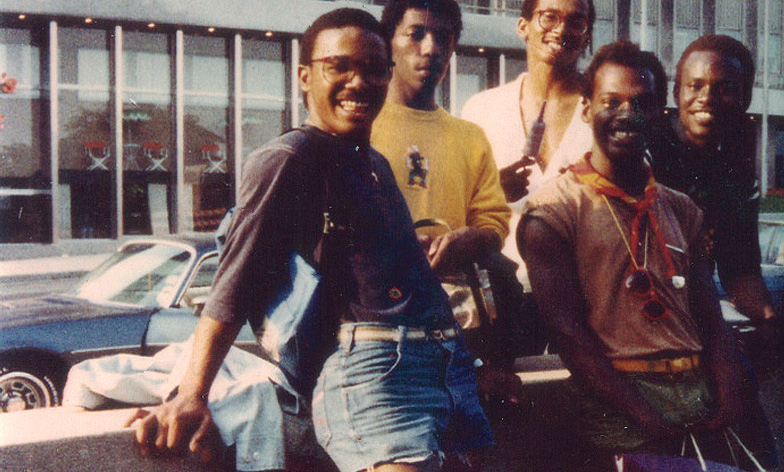 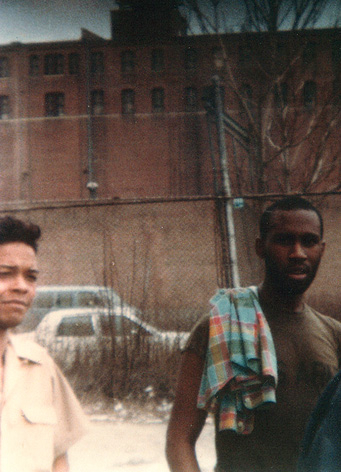 Williams moved from New York to Chicago around 1972 to escape the rat race, but he found Chicago's nightlife underwhelming. After a few apartment parties with his fraternity brothers at Phi Beta Sigma, Williams and a half dozen friends founded US Studio, a venture inspired by Mancuso's loft parties. In 1973, they opened Chicago's first after-hours juice bar in a commercial space at 116 South Clinton Avenue. At a time when most Chicago bars closed at 3 AM, US Studio was able to stay open all night as a liquor-free establishment. "We charged two dollars," Williams recalls. "[And] we had five hundred people. It was so crowded that the police came to raid our party... but they had a difficult time getting in." After just a couple of weeks, the building burned down between parties. "We lost a little equipment," Williams explains, "but we bounced back." US Studio subsequently found space at 1400 South Michigan Avenue, across the street from a fire house. Unsurprisingly, inspectors shut the space down after just a few months. Next, an industrial realtor rented the group 10,000 square feet of loft space on the seventh floor of 555 West Adams Street. DJ Craig Cannon remembers, "We'd get in this elevator... confined, but the closer that you get to the floor where the party is, the louder the music gets, so it builds anticipation. By the time the elevator's door opens, you're practically running out of there." By this time Williams had been voted president of the group. Chicagoans Bennie Winfield and Michael Matthews were the DJs, but Williams made regular drives to New York to get music from Mancuso and Levan. He brought back exclusive soul and disco 12-inches by artists like First Choice, B.T. Express and LaBelle. After two years on Adams Street, a dispute over membership fees resulted in most of the group leaving Williams to form "The Bowery." As luck would have it, this splintering of US Studio resulted in the launch of The Warehouse at 206 South Jefferson Street. According to Williams, Adams Street "was a little large for us to maintain," but The Warehouse, which could be glimpsed out the old club's rear windows, was just right. A lease was signed in June 1976, and a couple of months later the space opened for parties, though initially they were just twice a month. 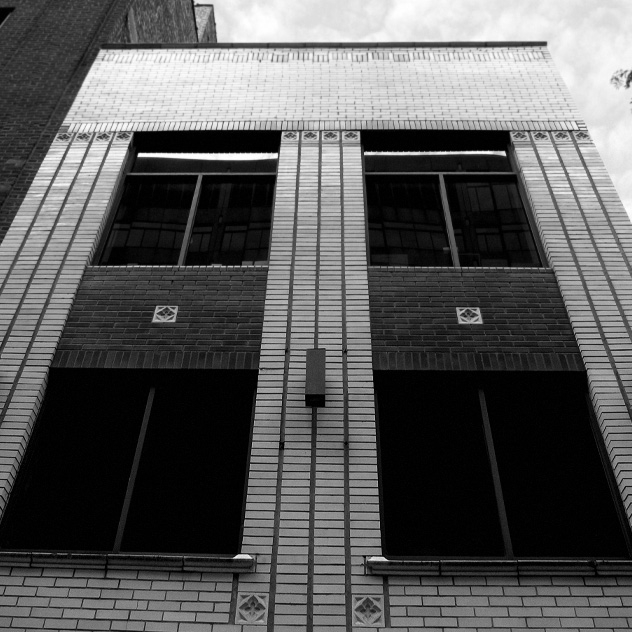
The Warehouse, 206 South Jefferson Street
Meanwhile, disco music's popularity began to skyrocket. Remembers DJ Michael Ezebukwu, "Back then Chicago was full of clubs. It was Den One, it was the Ritz, there was Le Pub, Broadway Limited... that's just a short list." Ron Hardy attracted a black crowd to Den One some nights, but for the most part it was a white club featuring the talents of Artie Feldman and Peter Lewicki. 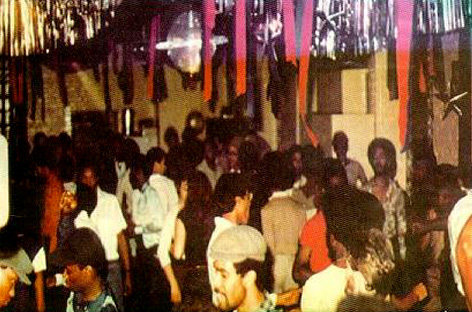 By this time there were other black-owned after-hours lofts, including Lonnie Fulton's Social Sounds and Michael Fields' Castle in the Sky, and it became evident that The Warehouse would need a new disc jockey to stay competitive in Chicago's growing club scene. Williams first asked Larry Levan, but he didn't want to leave New York. He then approached Frankie Knuckles, who had taken over for Levan at New York's Continental Baths before it went bankrupt. Knuckles agreed to come out for a "grand opening" in March 1977. Williams enlisted Richard Long and Associates, also from New York, to install a custom sound and light system, but initial parties with Knuckles were a bust. Says Williams, "The music was fantastic, the sound, but... I guess there was controversy, propaganda, against Frankie. [People said,] 'I don't really want to hear that New York stuff.'" Knuckles returned to New York for a time, only visiting Chicago periodically for special parties. It wasn't until Knuckles spun at a few of The Bowery's events that he developed a following. Williams explains, "[It was only] then they started coming to the Warehouse. So then Frankie decided he liked it, so he said he'd relocate for me." According to Knuckles, this was in July 1977, almost a year after Williams had started holding parties in the space. While there was no sign on the building, and the official name was "US Studio," dancers started calling the club "The Warehouse" early on, and Williams adopted the name. Like its predecessors, the Warehouse was a nineteen-and-over, members-only juice bar. Knuckles usually kept the party jumping until eight in the morning. "That place was three levels," Cannon remembers. "You walked up the stairs and paid, and then you walked down the stairs to the party, and then there was a basement below that." With no air conditioning, The Warehouse relied on fans and open windows in the summer. Cannon recalls the breeze made for a beautiful effect, especially when the open-beam ceiling was draped with crepe paper: "When you turned the mirror ball, you turned the fan on, and it was decorated, everything seemed like it was moving." Asked if there was acid in the punch, Cannon exclaims, "Oh, definitely. Everything was spiked. It was just crazy." Williams recalls that they "had marathons which lasted a couple of days. Like twenty-four hours. Kids would go home, change clothes, come back." 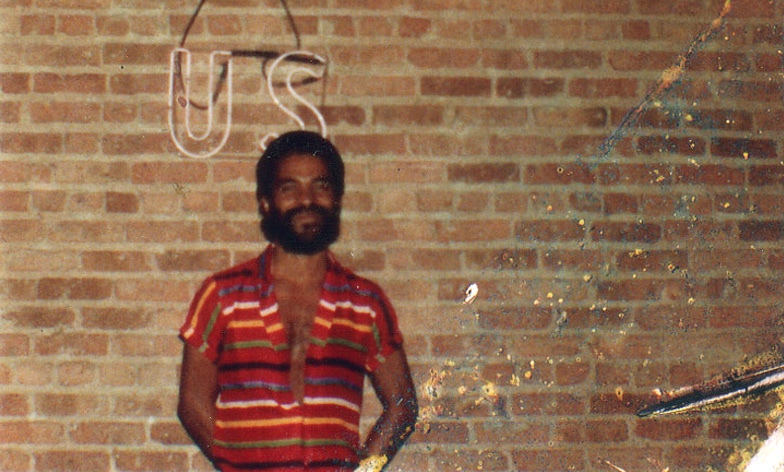 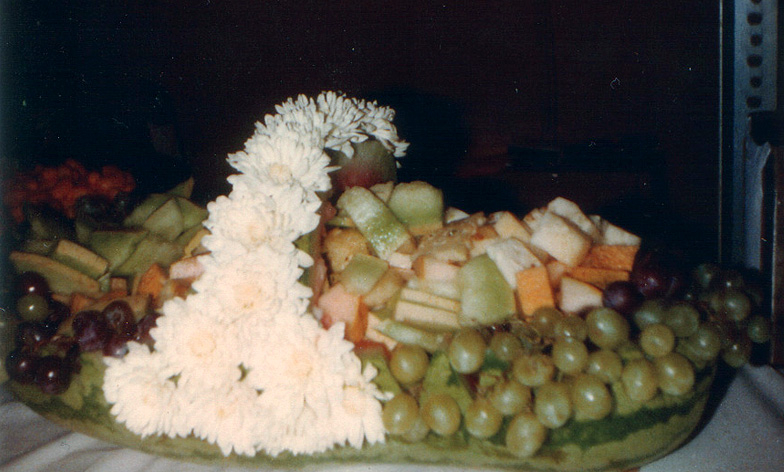 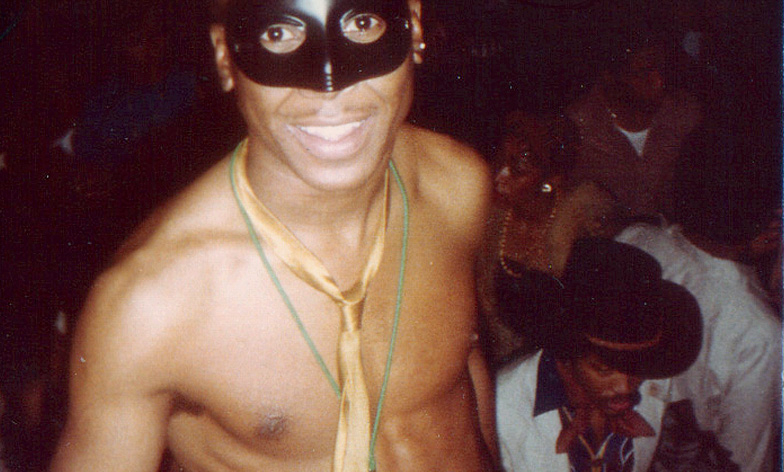 For its first couple of years, The Warehouse was one of Chicago's wildest discos, but it wasn't until 1979 or so that it began to embody a distinctive scene. Around this time, a black middle class "preppie" culture was developing in South Side private schools, including the Catholic high school Mendel. Teens who listened to Devo and The B-52s on Herb Kent's Punk Out radio show began forming their own party promotion groups which rented spaces and distributed flyers, or "pluggers." One such group was future producer Vince Lawrence's Infinity Space Eclipse, which began throwing parties with an IZOD dress code. Knuckles began to spin at North Side clubs to supplement his Saturdays at the Warehouse, starting with Carol's Speakeasy (in Den One's old building). In October 1980, Dave "Medusa" Shelton, a young clubber with curly blond hair (whose first party as a promoter had been held at The Warehouse the year before), opened his own juice bar, 161 West. Knuckles DJed there Friday nights. A Gay Life print ad from October 1980 describes dancers "jacking their bodies all night," over two years before the first house record. As electronic music gained a foothold, Knuckles began to mix New Wave records with his usual soul and disco cuts. Knuckles's top ten list for April 9, 1981 (published by Brett Wilcots in Gay Chicago) includes such unlikely records as "Jezebel Spirit" by Brian Eno & David Byrne and "Walking on Thin Ice" by Yoko Ono alongside more predictable choices by People's Choice, Billy Ocean and Grace Jones. Racially, ethnically, sexually. That was the best thing." While Chicago's more adventurous "progressive" fans were buying records at Wax Trax!, which also sold leather and studs, Knuckles and many other DJs shopped at Importes Etc., which started life as a counter in a used car dealership run by owner Paul Weisberg's father. The store began a symbiotic relationship with Knuckles, labeling records "heard at the Warehouse"—which was soon shortened to "house." In a 1987 obituary, DJ and Gay Chicagocolumnist Tom Parks credited Importes' Dick Guenther with coining the term as a "promotional gimmick." Alongside imports, Knuckles began playing fresh edits of disco tunes that were already a few years old. Knuckles explains via email, "My close, dear friend Erasmo Rivera was in school for sound engineering. One of his classes was on editing, and he was cutting up everything. I began giving him records to re-edit." 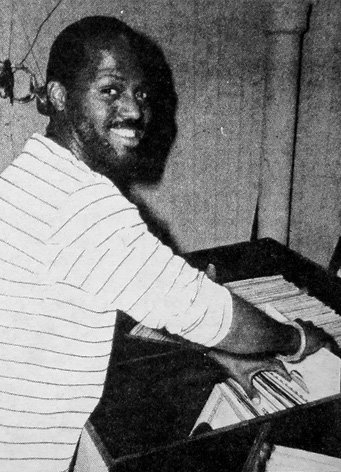 Around this time, Knuckles was in high demand. In 1981 and 1982, he DJed for parties at Sauer's, Pyramid, Annex 2, The Smart Bar and Metro. As Knuckles expanded his audience, The Warehouse benefited from the diversity. Cannon enthuses, "My fondest memory is the mixed crowd. Racially, ethnically, sexually. That was the best thing. I hit on all the straight guys, unbeknownst to me." Knuckles confirms, "It was hip to act gay and hang out at gay clubs, but not actually be gay. You figure that one out!" By all accounts, the Warehouse's final year was also its wildest. The club was consistently packed with teenagers, many of whom were underage. Williams remembers parents coming to look for their children. According to Knuckles, older members were driven out. The club was overcrowded, and there were even several stick-ups inside. Knuckles sensed things spinning out of control, admitting that "the club was no longer safe." In November 1982, Knuckles left The Warehouse to open his own club, The Power Plant. "I felt I had reached a point where I couldn't go any further with the Warehouse," Knuckles explains. With The Warehouse gone, other after-hours clubs rose to take its place, including The Playground, First Impressions, and Shelton's Medusa's. Williams himself opened the Muzic Box [sic] several months later, where DJ Ron Hardy rose to local stardom. These new clubs (and the sudden availability of inexpensive synthesizers and drum machines) set the stage for local producers. In early 1984, electronic dance music by Chicago teenagers began to hit stores and the airwaves. Three short years later, despite spawning several UK chart toppers, Chicago's house scene became a victim of its own success. Many of its best-known producers signed to major labels, where they were quickly cast aside in favor of hip-hop. Meanwhile, Medusa's latest dance club, which alternated house and industrial nights, came under attack by local residents concerned about teenage delinquency. In January 1987, a city ordinance passed requiring juice bars to follow liquor bar hours. It went into effect that April. Williams took his parties back underground, but Chicago's club scene would never be the same. 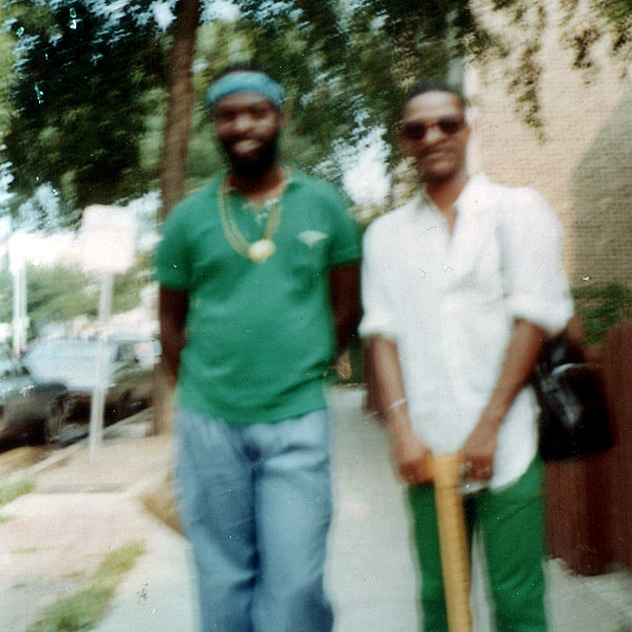
Frankie Knuckles and Robert Williams
| ||||
Estrategias oblicuas contra la plaga de la conformidad y l@s talibán del "Me gusta" Ahora, en perfecta contradicción desde www.facebook.com/pages/ElBlogueadorSonado/214893651948236
viernes, 18 de mayo de 2012
Erase una vez en Chicago... Frankie Knuckles y el Warehouse
Suscribirse a:
Enviar comentarios (Atom)
http://www.urb.com/2012/05/13/urb-exclusive-preview-122-bpm-the-birth-of-house-music/
ResponderEliminarThanks for your great information, the contents are quite interesting.
ResponderEliminarChicago Refrigerated Warehouse